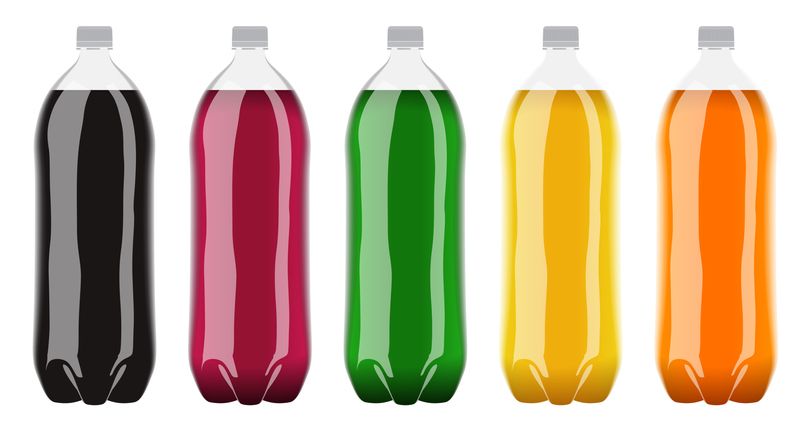Demir Vangelov is CEO at Soylent, based in Los Angeles, US.
The views expressed in this guest commentary are the author’s own and do not necessarily reflect those of AFN.
The future of food is both exciting and unknown. More than ever, consumers are taking note of the practices we use to produce our food and what they’re putting into their bodies. And they should; the number of food-related illnesses and deaths continues to rise, whether from obesity or malnourishment, while the environmental impact of our food system continues to grab headlines.
But what should they be focusing on when they make their food choices? For me, it’s about the science, the sustainability, and the transparency.
On the sustainability side, Credit Suisse has predicted that the vegan food industry will grow to 100x its current size by 2050, no doubt spurred by the immense carbon footprint of most meat production across the world.
Most of us in the foodtech industry don’t want to kill animals to feed the people, and people are turning to plant-based diets as a result. But I think that’s just the beginning. I envision a movement from what I like to call ‘no-kill’ to ‘no-till.’
Tilling (also known as ploughing) is where farmers prepare the land for planting seeds by turning over the soil. While it can have short-term benefits for crop performance, it generally leads to deterioration of soil quality. The topsoil erodes, runoff occurs, and crop residue is reduced, so when it rains, plants sometimes get dislodged. Perhaps worst of all, carbon dioxide is released when soil is tilled, which contributes to the already massive problem of global warming.
In the future, I hope we’ll start thinking about how to grow food that doesn’t require massive amounts of space or negatively impact the earth, and the ‘no-till’ movement will grow from there.
Soylent CEO on shift towards middle America and the future of plant-based – listen to the Future Food podcast featuring the author
I also think that in the future, there will be a shift toward hyper-transparency so consumers know exactly what’s in the food they’re putting into their body. We don’t shy away from our label. And I think that this will become a more widespread trend in the future. People will no longer feel that nine ingredients are better than eleven ingredients because they will have a better understanding of labels. Instead, they will read the list of ingredients and ask: Which ones are good for me? Which ingredients does my body require? And which ingredients will help me have a healthier lifestyle?
Still skeptical? Think about bananas. If you look at the nutritional info of a banana, they have dozens and dozens of chemical components. Sure, we don’t label them like an organic chemist would, but they’re still there. And not only are they not bad, but they’re necessary for nutrition. We just haven’t gotten to a place where people fully understand that. And in order to get there, consumers need to have a deeper knowledge of nutrition – which requires an emphasis on education from different food brands.
I believe that the years ahead will bring a new understanding of what ‘processed’ food really means, as well. I hear a lot of people talking about ‘minimally processed’ or ‘low-processed’ food, but I don’t think they always fully understand how it can actually be beneficial to diverse populations. Processing can make the food item more nutritional; think about fortified foods and how these types of ‘processed’ foods have removed vitamin and mineral deficiencies among large populations.
Processing can also mean that food can be engineered to serve specific people better – like those who are gluten-free or dairy-free. Through processing, we can extract nutrients and beneficial compounds from a variety of food sources and put them back together in more nutritionally synergistic and sustainable ways. ‘Processed’ is not a bad word; instead, it means that science has been used to enhance a product – from its nutritional profile to its shelf life.
We don’t know what the future of food will look like yet. But as we move toward it, I believe the industry will continue to evolve and be shaped by science and innovation – with more food companies working to minimize their impact on the environment. The future of food is going to require more consumer education about nutrition. Companies like Soylent will continue working closely with scientists and health professionals in order to help people make even more educated choices. We believe that people who understand the details around healthy nutrition will make better choices for themselves and for the environment in the long term. And that’s what our planet needs as we move into the future.





